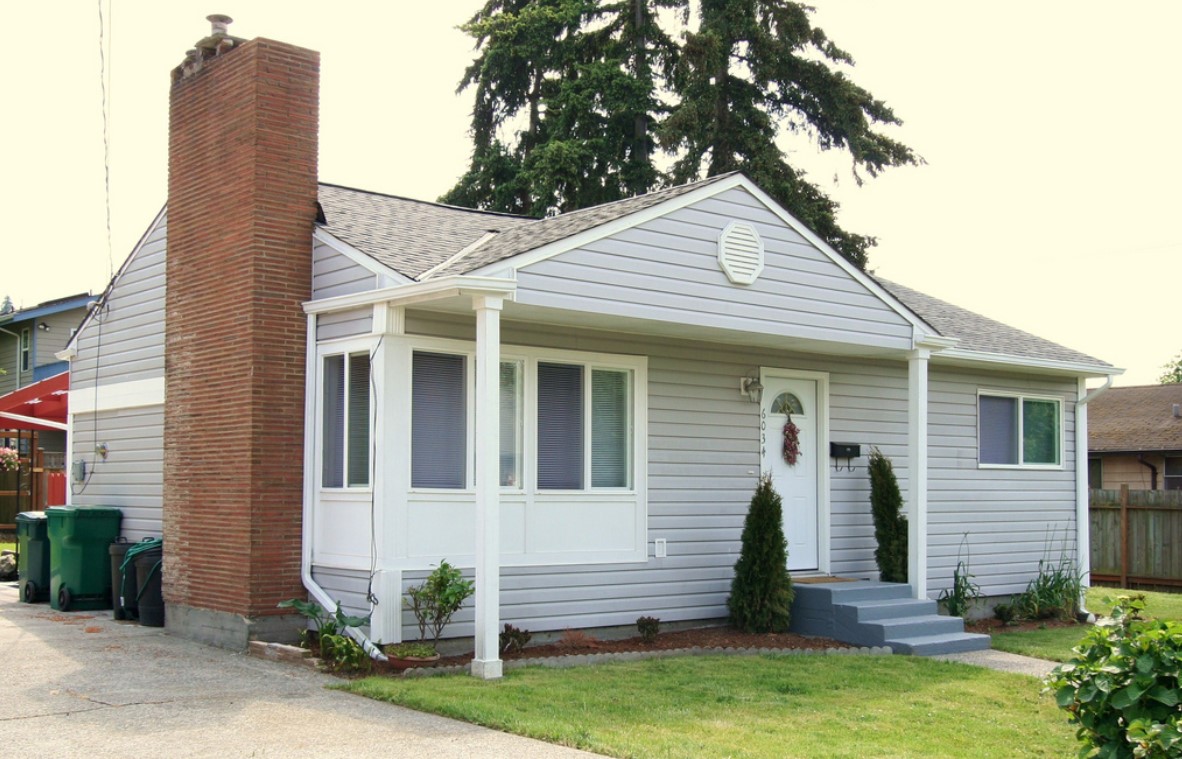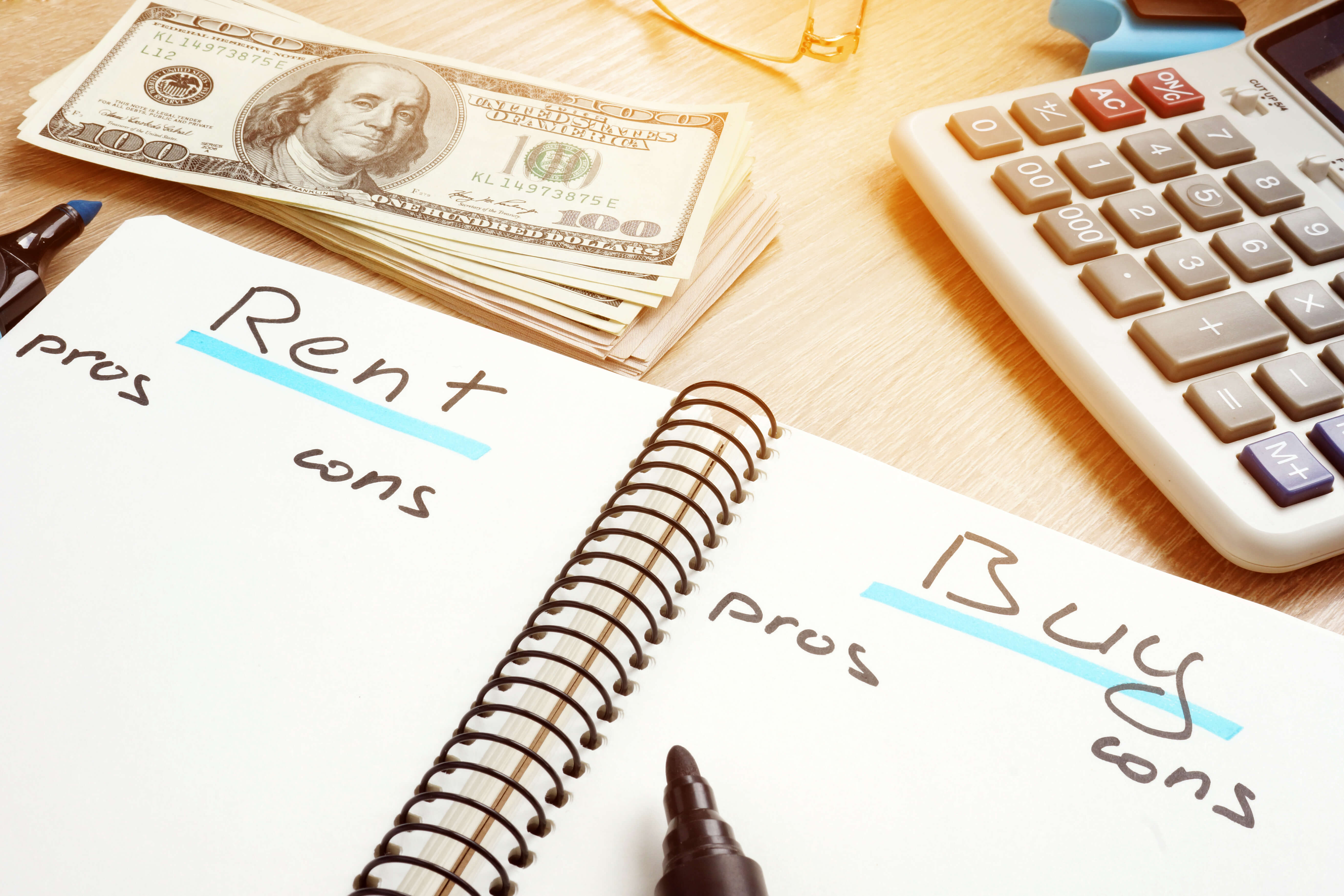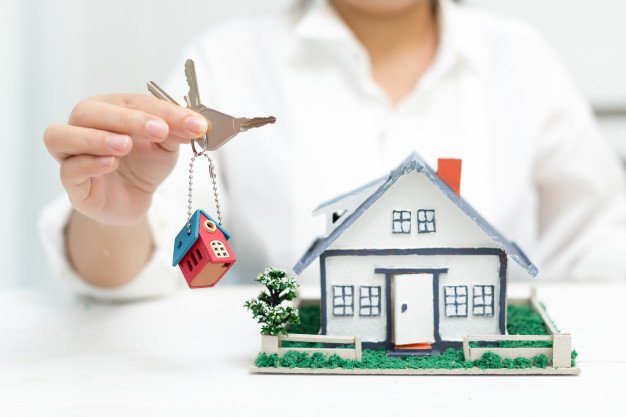Selling your home especially if you’ve never done it before can be an intimidating task that can even put people who’ve done it before in worry. It can prove to be time-consuming and emotionally challenging as you’ll have to get through random people coming into your house and poking around stuff. Not only that but they’ll nitpick every little problem and criticize it which is something you might not want to hear for a place you’ve called home for a long time.
The decisions you make along the way can either save you or cost you thousands of dollars. It’s easy for first time home sellers to make some common mistakes but with a little help, many of these problems can be avoided altogether. With a little planning and work, you too can sell your house for the price you’re looking and do so quickly. So here are five tips to sell your house fast.
1. Getting the timing right:
Selling your house at the right time is an absolute must if you’re looking for a quick sale. Some months go well with selling a house whereas, in other months, you’re better off not putting your property on sale. You’d want the months in which more people are looking to buy since the more the buyers will be, the better chance there is of securing a higher price for your house.
According to statistics, Spring and Autumn are the ideal seasons to sell off your property since during this time; the market tends to be busy with potential buyers. There are better weather and bright sunny days which will boost the appeal of your home. During spring, your garden will be blooming so it might even bring the value of your house up a bit. The times you’d want to avoid are winters and summers since they’re considered a tougher time to sell your house.
2. Valuing your house correctly:
Many people make the mistake of setting the asking price of their house too high. It is important to price your house correctly if you want to sell it fast since overvaluing it will only be time-consuming during the negotiation period, but your house might not sell at all. This will especially be a problem if you’re not going to hire an agent since your property won’t be properly evaluated and potential buyers may not even consider your house once they see its price. To get the correct value of your house, you should contact your local estate agents, and it is recommended to get multiple agents to value your property to get an accurate estimate.
3. Deciding whether you want an agent or not:
Hiring an agent is a matter of choice and is purely subjective. If you ask people around for advice on whether you should hire a realtor agent to sell your property you’ll come across two extremes, those who’ll completely advise against it and those who’ll be completely for it. The truth is it all depends on what you want, and if you’re looking to sell your house quickly, it is recommended that you hire an agent especially if you’re a first-time seller.
The agent will do all the hard work and will be able to secure you a swift sale because selling a property takes time, knowledge of the neighborhood and negotiating skills. However, one should keep it in their mind that agents do 6 to 8 percent commission on the house depending on their rates so you would want to negotiate a deal with your agent beforehand. You should also find out more about the agent before locking in on when they will carry out viewings of your property and how long will your property be on the advertisement.
4. Preparing your house:
The first impression will always matter a huge deal whenever you’re selling your house so you would want to make sure that the house is prepared and pampered. Knowing what type of people will be interested in your house helps a lot while preparing your home for sale. The trick is to know your target audience so you can prepare your house accordingly while also making it inviting for other people.
To prepare your house for sale, you’d want to disassociate yourself from it and look at it from a buyer’s point of view. Then you’d want to declutter and clean up your house while also fixing the things you’ve been putting off. That’s because the buyer might assume bigger problems with your house seeing the small ones.
5. Advertising your property:

If you’re hiring an agent, then the agent will advertise the house for you. However, if you’re looking to sell the house on your own, then you can’t just expect potential buyers to show up without advertising your house. This generally involves drawing up floor plans and photographing your house and then posting an online ad or a newspaper ad. Without properly advertising your house, you can’t expect your house to be sold quickly.
Read More :
1. What Are Renewable Sources And How To Introduce Them Into Your Household?
2. Safety Triangle: Three Things Your Soon-To-Be House Must Have






















